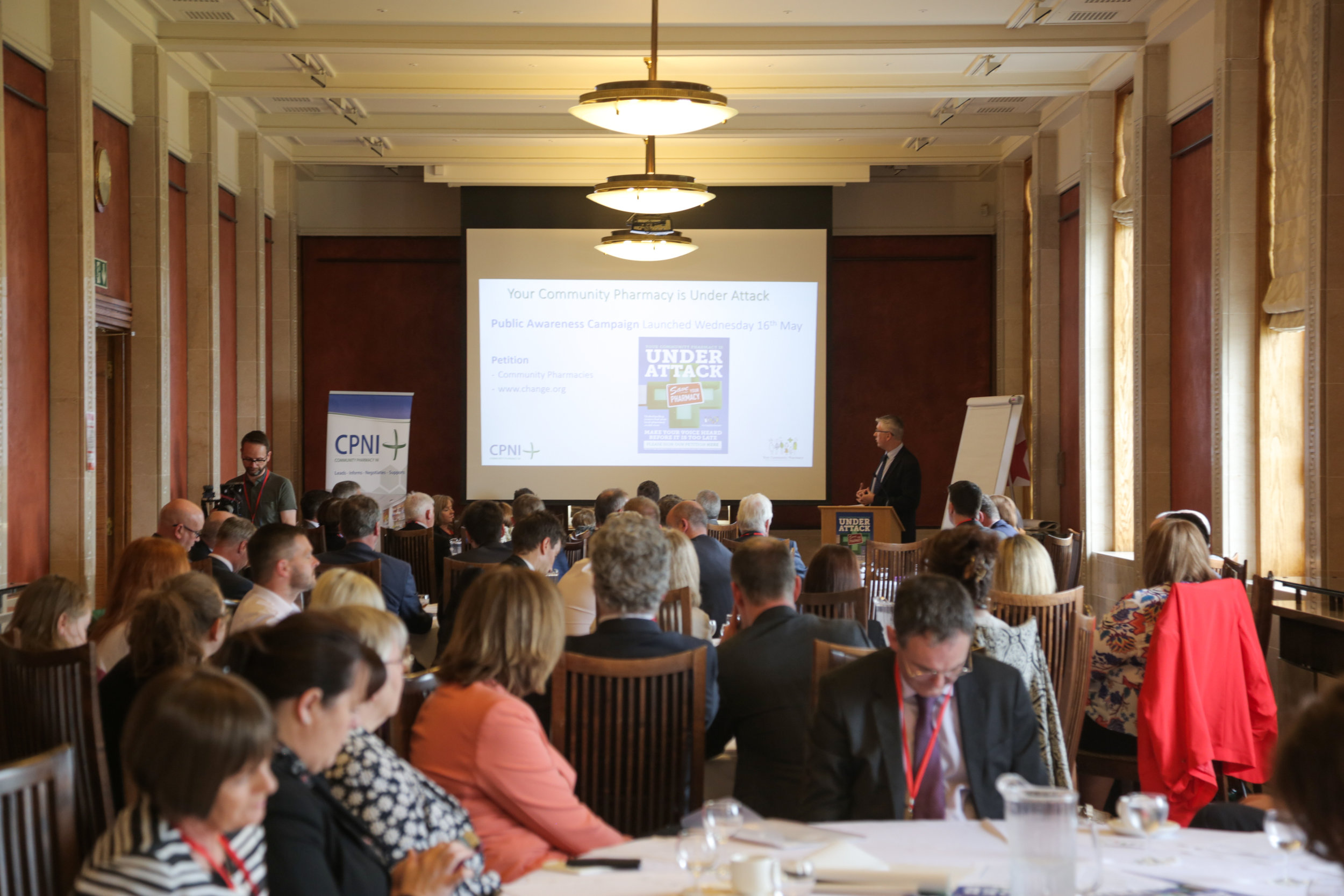It’s coming up to Christmas and more and more of us these days will go online to shop with the likes of Amazon and other websites to buy presents. This online trend is not just for Christmas but one that consumers partake in all year round, official statistics released in September show that UK retail experienced record spending online.
This is just one of the most visible signs of a revolution that is sweeping across the UK and global economy. FinTech is here, and it is changing everything.
FinTech is short for Financial Technology. It’s the apps, computer programmes and other technologies that support and improve how we bank and access finance. It also encompasses payment technologies that make it so easy to buy those Christmas presents online.
The UK Government has recognised the incredible opportunities this sector presents, and earlier this year Chancellor Philip Hammond appointed four “FinTech envoys” to drive it forward and show what a central part it is now playing in our knowledge economy.
I was honoured to be one of the envoys chosen to lead the charge here in Northern Ireland. As the Director of Innovation, Research and Development at Allstate Northern Ireland, I have witnessed first hand the impact innovations in FinTech has already had and will continue to have on every aspect of the economy.
Georgina O’Leary is the director of innovation, research and development at Allstate and FinTech envoy for Northern Ireland
As envoy, it’s my job to champion Northern Ireland as a place for firms to develop and grow their business. There are reasons why Belfast is the world’s number one destination for FinTech development investment projects.
World class Universities, an exceptional talent pool and an international reputation as a world leading cyber security hub are just a few of the reasons why big multi-national firms have decided to invest in the FinTech sector in Northern Ireland.
It’s not just big multi-nationals, however, the start-up scene in Belfast is also vibrant.
Start-ups and big companies are both reaping the benefits of these changes and collaborating to do so. Barclays is one of the major partners of the Ormeau Baths, which is well established and full of some of the brightest and best indigenous tech start-ups, competing on a global scale.
This start-up scene is also growing. The newly announced Belfast FinTech hub, the product of a partnership between Danske Bank and Catalyst inc, is hugely ambitious and will help boost and grow the next generation of FinTech business start-ups.
Northern Ireland isn’t just good for FinTech, FinTech is good for Northern Ireland. The sector currently contributes around £6.6.bn to the UK economy and employs 61,000 people across the country. Thousands of those jobs are in Northern Ireland, with 2,000 people already employed as software engineers and systems architects in the development of trading technology platforms.
The sector is not just providing jobs, but high skilled, high paid careers that drive economic growth across Northern Ireland.
The UK is backing FinTech because the opportunities, especially to Northern Ireland, are incredible and can revolutionise our economy, if we embrace them.
This article first appeared in the December 2018 copy of Ulster Business.















